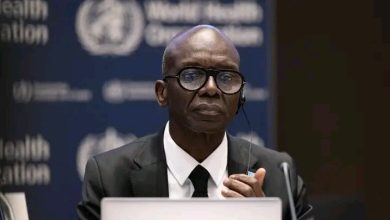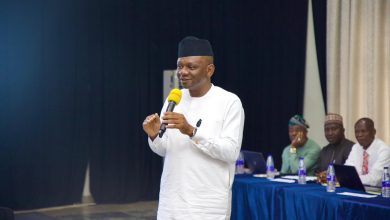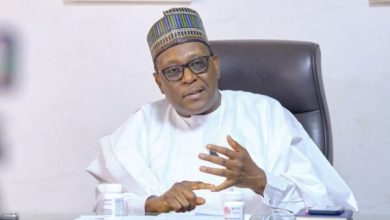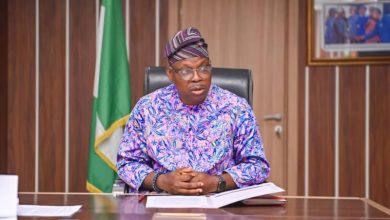Africa CDC Names Nigeria as Pilot Country for New G20 Health Financing Integration Plan
Africa CDC says Nigeria will be among the first to adopt the G20 health plan.
Officials praise Nigeria’s reforms and say the integration will strengthen financing and improve healthcare nationally.
The Director-General of the Africa Centres for Disease Control and Prevention (Africa CDC), Jean Kaseya, has announced that Nigeria will be one of the first countries to implement the G20 health financing integration plan.
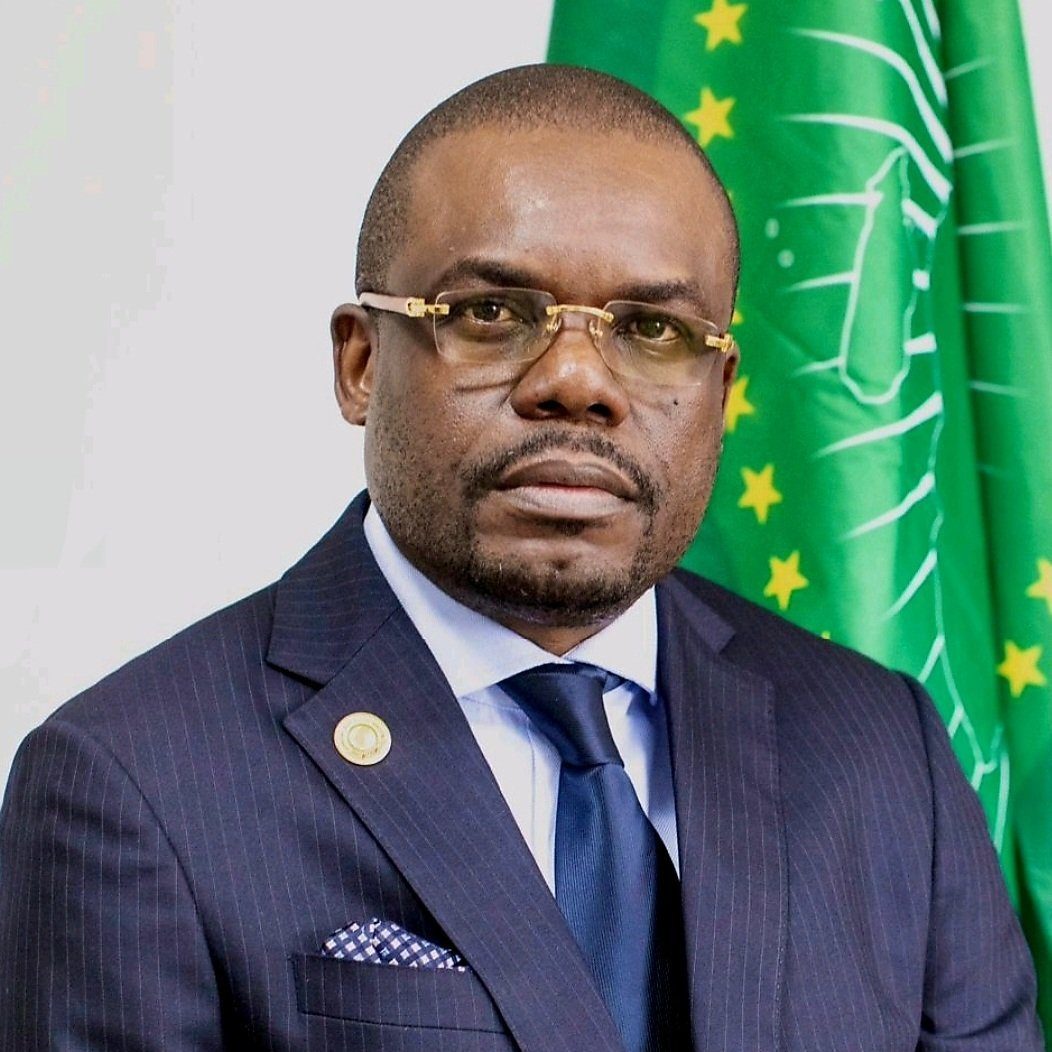
Kaseya made the disclosure on Thursday in Abuja during day two of the 2025 Joint Annual Review of the Health Sector, themed “All hands, one mission: Bringing Nigeria’s health sector to light.”
“We are so proud of Nigeria. By next year, we will take Nigeria as one of the countries where we will integrate everything and measure the success we are making,” he said. He added that Nigeria’s progress is widely recognized beyond the words of its health minister, Professor Muhammad Pate.
The G20 plan aims to help participating countries strengthen health systems by increasing financing for pandemic preparedness, universal health coverage, primary health care, and research and innovation. The global framework also stresses the need for fair and coordinated strategies to address modern health challenges.
According to G20 data, more than 4.5 billion people worldwide still lack access to essential health services, and up to two billion face extreme financial hardship due to out-of-pocket medical expenses. The health financing plan is expected to support countries in building stronger, more equitable systems aligned with the 2030 Sustainable Development Goals.
Kaseya praised Nigeria’s health sector reforms, including the Sector-Wide Approach (SWAp), digital payroll cleanup, and increased private-sector involvement. He described these reforms as evidence of Nigeria’s commitment to improving efficiency, reducing waste, and strengthening accountability.
“Nigeria’s Sector-Wide Approach is evidence-based. It is cutting inefficiencies, fragmentation, and weak governance,” he said, noting that African countries could save between 20 and 40 per cent of their budgets simply by improving coordination.
He also highlighted contributions from Nigeria’s private sector, particularly industrialist Aliko Dangote, for supporting local manufacturing of essential health commodities.
Kaseya further pointed out persistent challenges in Africa’s health financing landscape. He noted that out-of-pocket payments remain the largest source of health funding on the continent, reaching as high as 75 per cent in some countries. More than 20 African nations also rely on donor support for over 30 per cent of their health budgets, a trend he warned is not sustainable.
He stressed that reducing financial burden on citizens requires strong national health insurance systems, not reliance on foreign aid.
Kaseya also referenced the Abuja Declaration, where African leaders agreed to dedicate at least 15 per cent of national budgets to health, but the current continental average is only 7.4 per cent.
He concluded by discussing the “Lusaka Agenda,” a new framework designed to ensure that donor funding aligns with national health plans rather than operating through separate programmes.
“When the Global Fund or Gavi provide funding, they must support national plans,” he said, adding that Africa CDC is working with partners to make this approach the new standard.
